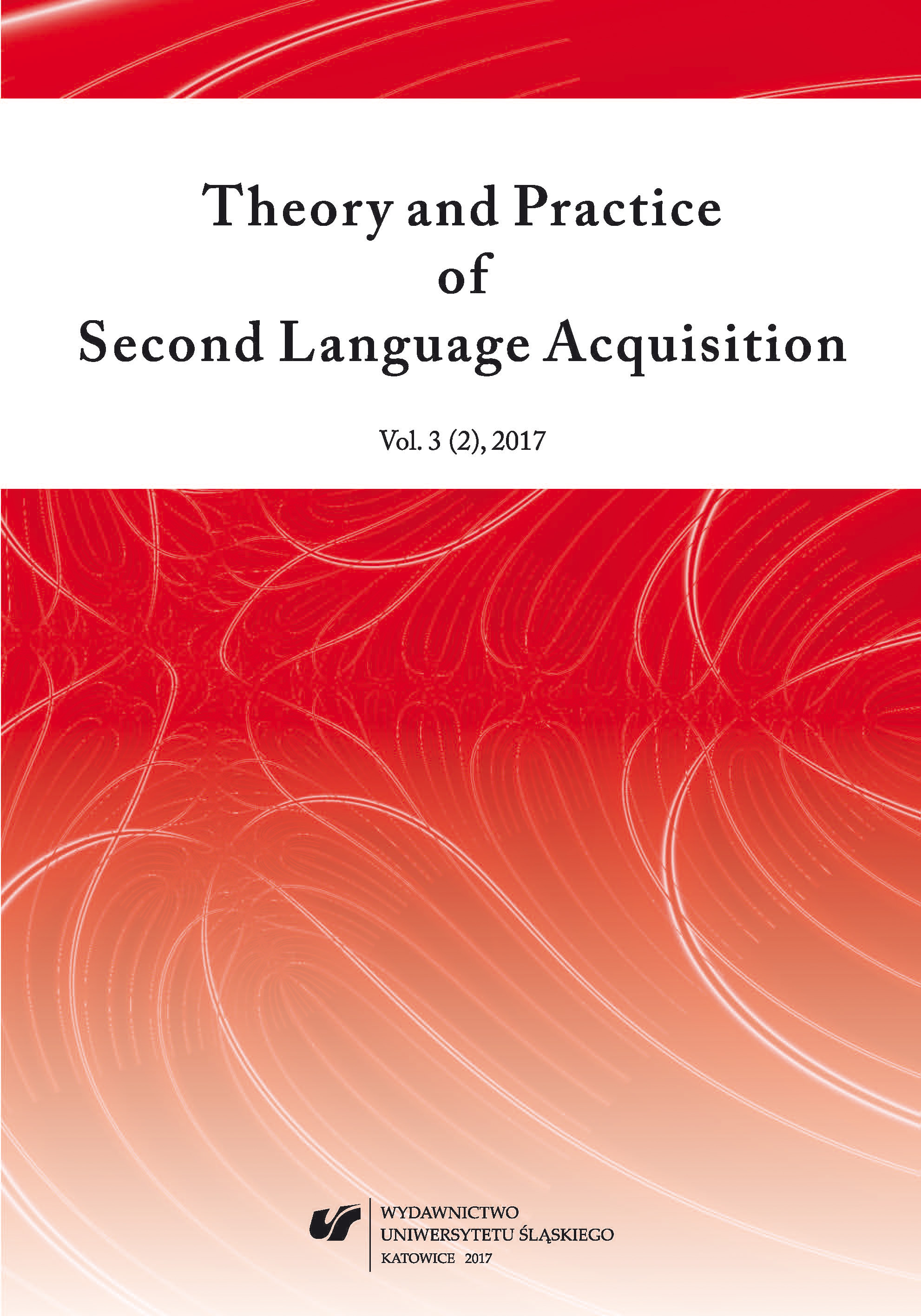The Role of Social Support Systems in Adolescent Foreign Language Learning
The Role of Social Support Systems in Adolescent Foreign Language Learning
Author(s): Ewa Piechurska-KucielSubject(s): Language studies, Language and Literature Studies, Theoretical Linguistics, Philology
Published by: Wydawnictwo Uniwersytetu Śląskiego
Keywords: social support; parental support; teacher support; peer support; foreign language
Summary/Abstract: In adolescents the main groups of social support are their family, peers, and teachers with whom they interact most frequently. They play a buffering role between stress and psychological well-being by helping to cope with adverse challenges, and by providing social integration. Consequently, it is believed that in the situation of stress caused by the necessity to learn a foreign language (FL) as a compulsory subject, social support can be viewed as an important factor that may positively influence learners’ academic achievement, exposing the role of the perceived availability of significant others’ help in achieving FL success. To date, in spite of the call for research on the general functioning of the language learner as a member of the society, the study on the role of social support in the process of foreign language learning is still scarce. The existing research has though proved that perceived social support significantly predicts resilience in foreign language learning. The feelings of closeness and support the learners receive from the support network protect them from stressors, and they validate the feelings of self-esteem, competence, and personal control in the face of stressful situations. The three main support groups (parents, teachers, and peers) help learners develop their social competence, problem-solving skills, autonomy, and a sense of purpose.
Journal: Theory and Practice of Second Language Acquisition
- Issue Year: 3/2017
- Issue No: 2
- Page Range: 11-28
- Page Count: 18
- Language: English

